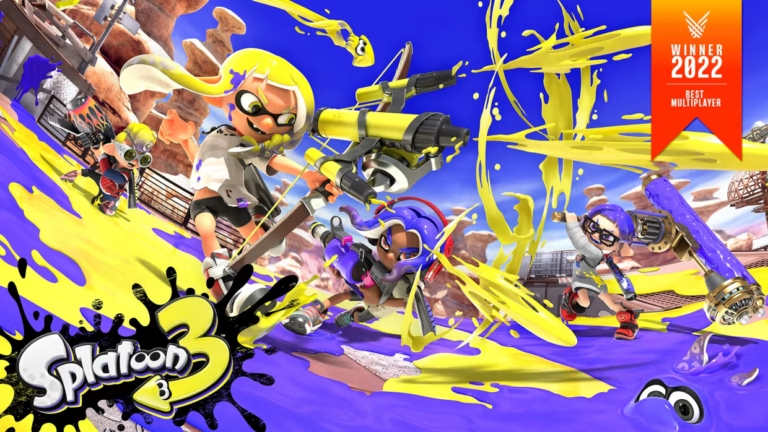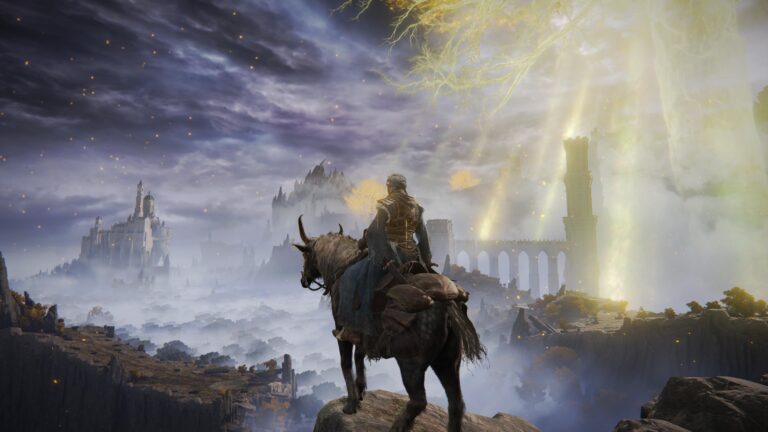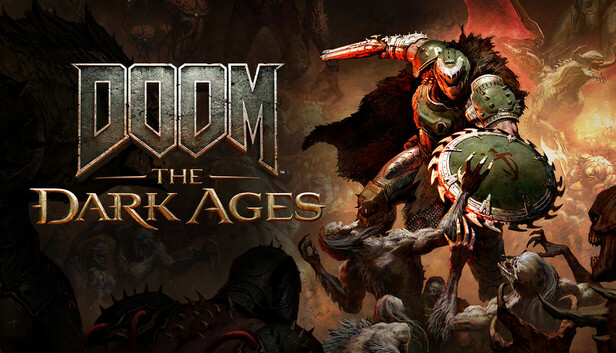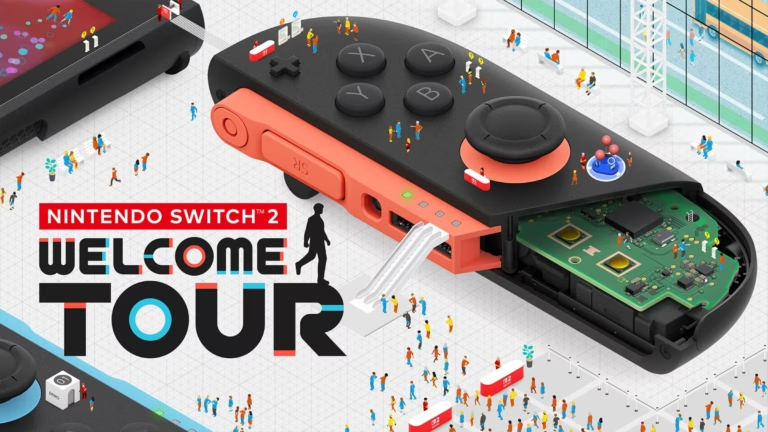Game data not found.
Story
Majyūō, released exclusively for the Super Famicom in 1995, is a dark action-platformer that draws players into a harrowing narrative set in a world teetering on the brink of despair. The game follows the protagonist, Abel, who embarks on a perilous journey to rescue his wife and child from the clutches of an evil demonic force known as King of Demons. The game’s storyline is deeply rooted in themes of sacrifice, redemption, and the eternal battle between good and evil.
The narrative begins with Abel returning home to discover that his family has been kidnapped by his former friend, Bayer, who has allied himself with dark forces. Bayer seeks to harness the power of the King of Demons to bring about a new world order, and Abel, driven by desperation and love for his family, sets out to thwart Bayer’s plans and save his loved ones. As Abel ventures through the demon-infested realms, he confronts a series of grotesque creatures and formidable bosses, each encounter unraveling more of the sinister plot orchestrated by Bayer and the demonic king.
What sets Majyūō apart from other games of its time is its mature storytelling and the moral dilemmas it presents. Throughout the game, Abel must make choices that affect his transformation into either a powerful demon or a celestial being, influencing the game’s multiple endings. This narrative depth adds a layer of complexity that engages players beyond typical platformer mechanics, providing a hauntingly compelling experience.
Gameplay
Majyūō is a quintessential action-platformer, combining fast-paced gameplay with strategic elements that require precision and timing. Players control Abel as he navigates through various levels, each teeming with demonic adversaries, platforming challenges, and environmental hazards. The game demands agility and quick reflexes, as players must jump, attack, and dodge their way through the sinister landscape.
One of the standout features of Majyūō is its transformation mechanic. As Abel defeats enemies and collects power orbs, he gains the ability to transform into different forms, each with unique abilities and strengths. These transformations are crucial for overcoming specific obstacles and enemies, adding a strategic layer to the gameplay. Players must decide which form to adopt based on the challenges ahead, balancing offensive power with defensive capabilities.
The game also incorporates RPG elements, allowing players to upgrade Abel’s abilities and transformations. Collecting power-ups and items scattered throughout the levels enhances Abel’s strength, speed, and health, providing a sense of progression and empowerment. Boss battles serve as the culmination of each level’s challenges, testing players’ mastery of Abel’s abilities and their strategic prowess.
Graphics and Sound
Majyūō’s graphics are a testament to the capabilities of the Super Famicom, boasting detailed sprite work and atmospheric environments that immerse players in its dark fantasy world. The game’s art direction leans heavily into horror aesthetics, with grotesque enemy designs and eerie backgrounds that evoke a sense of dread and impending doom. Each level is distinct, offering a variety of visual themes that range from desolate wastelands to hauntingly beautiful castles.
The sound design in Majyūō complements its visual presentation, with a haunting soundtrack that underscores the game’s dark narrative. The music shifts between ominous, foreboding tones and intense, adrenaline-pumping tracks during combat sequences, enhancing the emotional impact of the gameplay. Sound effects further contribute to the immersive experience, from the chilling cries of defeated demons to the thunderous roar of Abel’s transformations.
Legacy and Reception
Majyūō, while not widely known outside Japan, has garnered a cult following among retro gaming enthusiasts and collectors. Its limited release and unique gameplay elements contribute to its status as a hidden gem within the Super Famicom library. The game’s mature themes and complex narrative were ahead of its time, paving the way for future titles that sought to blend action and storytelling in meaningful ways.
Critically, Majyūō has been praised for its challenging gameplay, atmospheric presentation, and innovative transformation mechanics. While some contemporary reviews noted the game’s difficulty as a barrier for casual players, many appreciated the depth and replayability offered by its multiple endings and branching paths. Modern retrospectives often highlight Majyūō as an underrated classic, deserving of more recognition in the annals of gaming history.
The game’s influence can be seen in later titles that explore similar themes of transformation and moral choice, as well as in indie games that draw inspiration from its blend of action and narrative. Despite its obscurity, Majyūō’s legacy endures through dedicated fan translations and emulation, allowing new generations of players to experience its dark, compelling tale.
Conclusion
Majyūō stands as a testament to the creativity and innovation of 1990s game design, offering a rich, immersive experience that challenges players both mechanically and narratively. Its impact, while subtle, is felt in the evolution of action-platformers and narrative-driven games that followed. For those seeking a game that combines intense action with a thought-provoking storyline, Majyūō remains an essential, albeit elusive, piece of gaming history.















